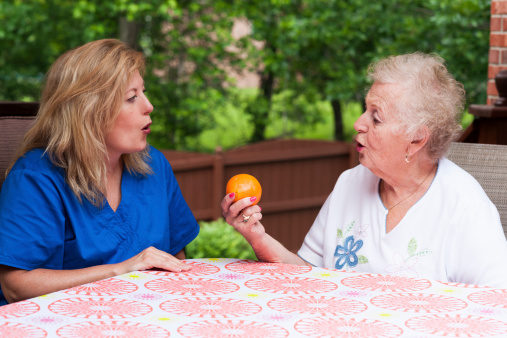
What is Stroke?
Stroke is a disease that affects the arteries leading to and within
the brain. It is the No. 5 cause of death and a leading cause of
disability in the United States.
A stroke occurs when a blood vessel that carries oxygen and
nutrients to the brain is either blocked by a clot or bursts (or ruptures).
When that happens, part of the brain cannot get the blood
(and oxygen) it needs, so it and brain cells die.
What are the effects of stroke?
The brain is an extremely complex organ that controls various
body functions. If a stroke occurs and blood flow can’t reach the
region that controls a particular body function, that part of the
body won’t work as it should. Rehabilitation is probably one of
the most important phases of recovery for many stroke survivors.
The effects of stroke may mean that you must change, relearn or
redefine how you live. Stroke rehabilitation helps you return to
independent living.
Rehabilitation doesn’t reverse the effects of a stroke. Its goals
are to build your strength, capability and confidence so you can
continue your daily activities despite the effects of your stroke.
What will I do in rehabilitation?
What you do in rehabilitation depends on what you need to become
independent. You may work to improve your independence
in many areas. These include:
- Self-care skills such as feeding, grooming, bathing,
toileting and dressing - Mobility skills such as transferring, walking or
self-propelling a wheelchair - Communication skills in speech and language
- Cognitive skills such as memory or problem solving
- Social skills for interacting with other people
